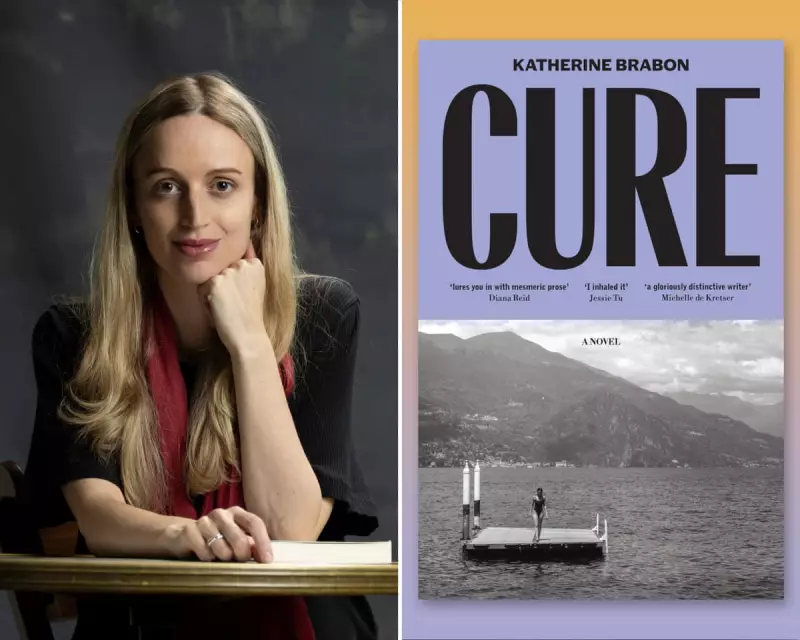
Katherine Brabon's latest novel, The Cure, is a mesmerising exploration of memory, loss, and the elusive nature of healing. Set against a backdrop of quiet melancholy, the story weaves together past and present, blurring the lines between reality and recollection.
A Story of Fragmented Memories
The protagonist, a woman grappling with the aftermath of personal tragedy, embarks on a journey to uncover the truth about her family's past. Brabon's prose is lyrical and evocative, drawing readers into a world where time is fluid and emotions run deep.
Themes of Grief and Redemption
At its core, The Cure is a meditation on grief and the ways in which we seek redemption. Brabon's nuanced portrayal of her characters' inner lives makes their struggles feel achingly real. The novel asks difficult questions about the nature of healing—whether it is ever truly possible, or if we simply learn to live with our scars.
A Masterful Blend of Form and Content
Brabon's narrative structure mirrors the fragmented nature of memory itself. The non-linear storytelling keeps readers engaged, as each revelation adds another layer to the protagonist's complex emotional landscape. The result is a novel that lingers long after the final page.
For fans of literary fiction that challenges and comforts in equal measure, The Cure is a must-read. Brabon has crafted a work that is as thought-provoking as it is emotionally resonant.






